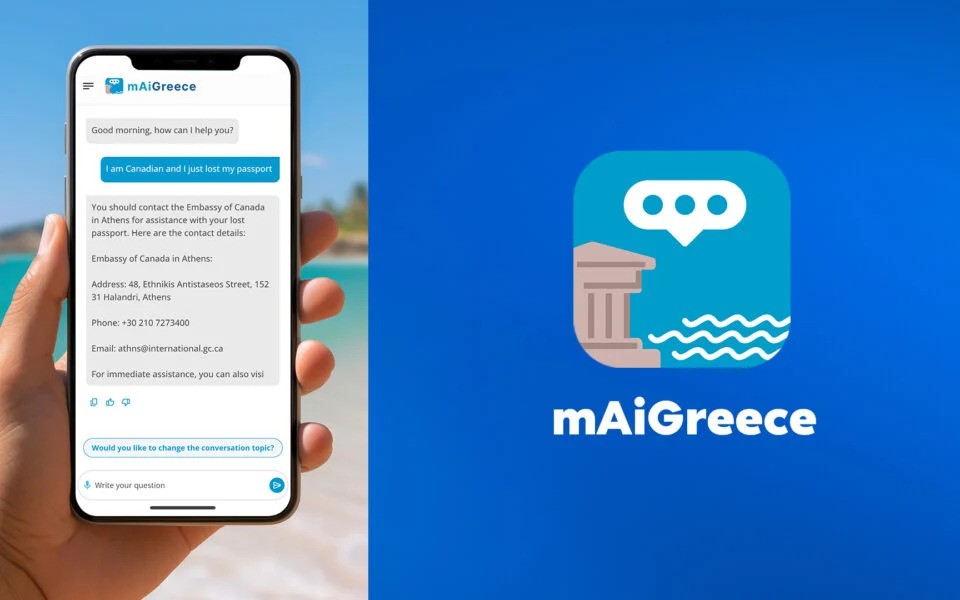Greece: Know Your Customer for citizens and businesses

Know Your Customer – KYC is planned to put a brake on 1.5 million annual visits to bank branches and the handling of at least 7.5 million documents and photocopies. Through the secure environment of gov.gr, the Ministry of Digital Government’s application “Introduce yourself” gives citizens the opportunity to automatically update their data in banking institutions and electronic money institutions through the State registries, without physically going to the counter, to tender photocopies or submit certificates.
Expansion planned
In the immediate future, GEMI will be included in the application, so that “Introduce yourself” is also open to legal entities, facilitating the “doing business” for entrepreneurs and investors, while it will be directly extended to Public Utilities, insurance companies, and telecommunications providers. At the same time, the Ministry of Digital Government is “running” the creation of a platform through which citizens will have control over data drawn from Know Your Customer and will be able to see all their history.
Practically, the banks’ ability to access the KYC is done through the web-banking service and requires the explicit consent of the customer, who is then transferred to gov.gr, where she/he is asked to enter the Taxisnet codes and be identified through a code sent to her/his mobile phone.
Data extraction
“Introduce yourself” will accelerate the final abolition of copies of IDs, electricity / telephone bills, copies of payroll, payroll documents, etc. Data on identity, income, communication, professional activity from ERGANI and the census, as well as the activities of professionals from the Independent Authority for State Proceeds (AADE) are extracted directly from the State registries.
National Bank, Eurobank, Piraeus Bank, Alpha Bank and Viva Payments can already obtain the necessary data with a few “clicks”. The Banks of Epirus and Chania, Pankritia and Optima Bank are to join, while in the pipeline are four electronic money institutions (Cardlink, Cosmote Payments, Flexin, Hellasfin).
The KYC speeds up the control procedures for which these institutions are responsible under the Anti Money Laundering Regulation for the fight against money laundering and fraud.
Source: in.gr




